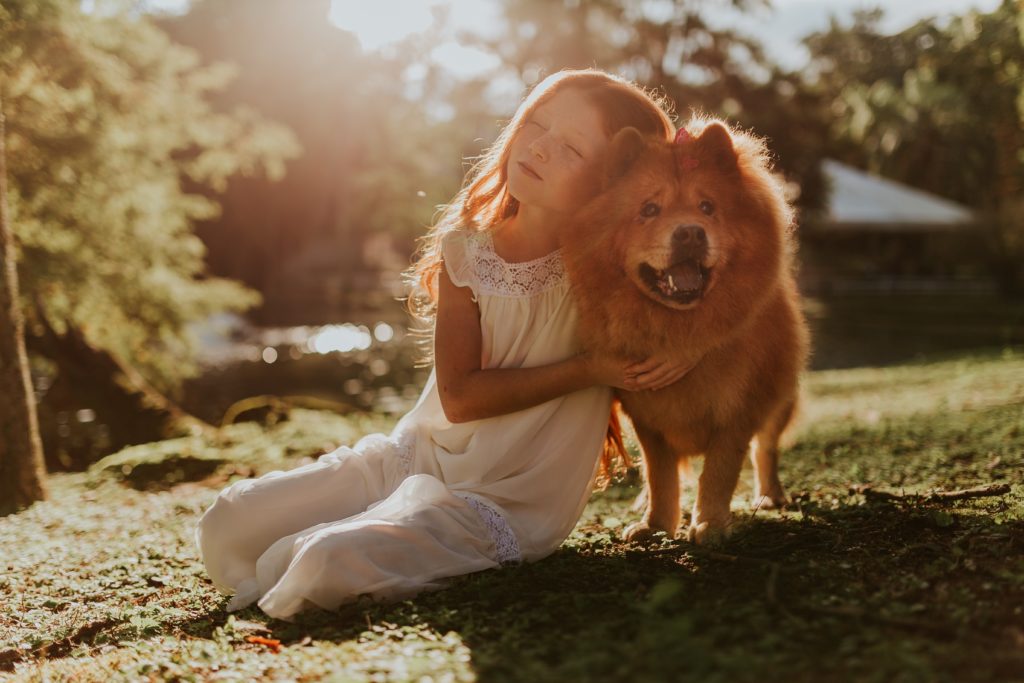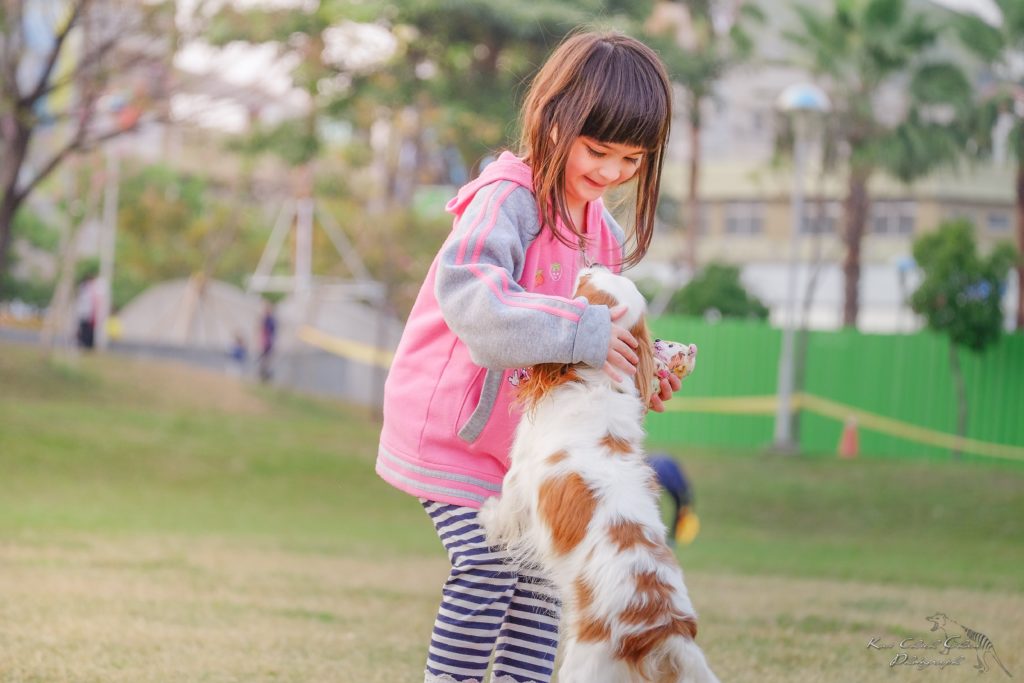Hands up if this sounds familiar; your child walks in one day and announces they want a dog. This is their greatest desire and nothing else will do – they’ll feed it, look after it and love it forever, they promise.
The next day they walk in and tell you they want a rabbit.
The week after, it’s a lizard, turtle, mouse, guinea pig, snake…
Kids love the idea of a pet, especially an adorable baby one like a puppy or kitten, but they do tend to change their minds a bit about getting one.
The biggest reason that parents have for not getting a pet for their kids is that the parent is basically going to end up doing all the work. It’s a fair call, because in most cases it ends up being true.
But a pet for your child and your family can offer incredible benefits, so it’s worth considering the idea a bit more before making up your mind.

There are two main decisions to make – should you get a pet, and if so, which one?
When you think about all the different options for household pets, there’s a lot more information than we can cover here, so this article is going to focus on the most popular choices for families with kids – dogs and cats.
To make your decision as easy as possible, here are our:
Mums of the Shire Essential Questions for Choosing Your Child’s First Pet
- Why do you want a pet?
A pet can be a wonderful addition to the family, but this is a semi-permanent decision to make, and difficult to reverse if you get it wrong. Dogs and cats tend to live for around 15-20 years.
It’s very important to get the decision right in the first instance, so you need to do your research and look closely at what you want from the experience.
Have a good think about why you want a pet and what you are hoping this will offer your kids.
A dog or cat can bring out the best in your children, bringing them together and helping them to develop social and personal skills. A pet is also good for physical and mental health.
But if you have more serious concerns about family relationships or your child’s development, you can’t fix them by just adding a pet to the clan.
A pet can help, but it can be best to talk to your doctor, your child’s school or a counsellor about strategies that can help before deciding on a pet.
- Does a pet fit in with your lifestyle?
As we mentioned, pets live for decades. Before working out if you should get a pet, have a good long think about how it will fit in with your current lifestyle and also the next fifteen years, as your kids grow up.
Who’s home during the day? If there are long periods when the house is empty you may prefer a cat over a dog, or an older pet over a puppy or kitten.
Does your family travel often? You’ll need to think about getting a pet sitter or putting your pet into a kennel.

- Do you have the room?
In terms of room, cats will take up less space than dogs, but cats do need a bit of space around the home for their things.
Most dogs, especially bigger ones will need more space to run around, preferably including a yard.
A cat will need a space for their bed, their food, a litter tray, and a scratching post, all of which should be in different areas around the home because cats get fussy around what they do where (Would you want to eat where you poop?)
A dog will need a bed or kennel, and probably a pen or a fenced-in yard. They will need somewhere to go to the toilet. You can have a dog in a small space like an apartment, but you’ll need to give them the opportunity to get out and about every day.
- How much work will it involve?
The question that every parent asks.
Adding a pet to your household adds extra work, which may or may not be spread around the helpful members of your family.
With cats, you need to feed them and give them water once to twice a day and empty their cat litter as often as they use it, but that’s about it.
With dogs, you’re in for a lot more- including daily walks and picking up poop wherever they decide to put it.
If you want less work, choose a cat or a calmer dog breed (or decide against getting one at all), but it’s important to remember that every pet involves work, every day, for many years to come, so you need to be ready for this commitment.
- What pet will get along with your family?
This is why people tend to be either dog people or cat people – because their behaviour and personality styles are quite different. And then each individual cat or dog will have its own quirks as well.
Both cats and dogs respond well to love and attention, and adore being part of the family. Dogs will tend to be more actively affectionate and playful, as will kittens, while adult cats are more reserved.
Some cats love sitting on laps or rubbing against legs, while others may prefer not to be touched at all.
Some dogs are very boisterous, while other breeds are very laid back and gentle.
Think about the personalities and needs of each family member before choosing your pet. You might like to consider some of the following questions:
Do you need a pet to be gentle and calm for any specific reason, such as having a baby or a family member with special needs?
Do you want your pet to be playful and get your kids to more active and also interactive?
Puppies and kittens are fun for kids, but can be a slight gamble in terms of what their personalities will be like as they get older (especially cats). If you want to be certain of your pet’s temperament, adopting an older animal might be better.

- How much will it cost?
Pets have upfront and then continual ongoing costs, so you need to do some maths before making up your mind.
Technically you could get one for free, but in most cases, you’re looking at handing over a minimum of $200 to adopt a new pet and buy the basics you need to get set up. If you’re looking for a specific breed of cat or dog, you could spend from $500 to $5000 just to buy the animal.
You’ll have ongoing costs including food, grooming, dental and pet bills. If you have a cat that stays indoors your bills will be lower as they groom themselves and will only need regular vet check-ups.
Dogs, especially adventurous ones can be more expensive in terms of grooming and vet bills.
If you’d like more information about choosing your child’s first pet, the RSPCA has some wonderful resources.
